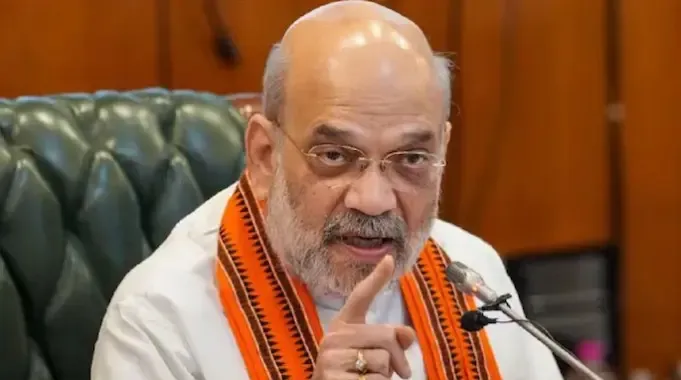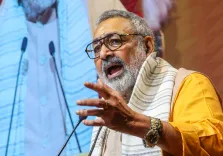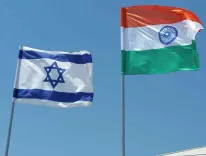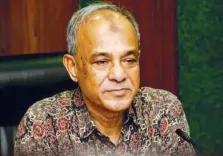HM Amit Shah's Meeting Sends a Strong Signal: No Water for Pakistan

Synopsis
Key Takeaways
- Indus Waters Treaty suspension discussed.
- Meeting focused on blocking water flow to Pakistan.
- Three strategies proposed: short-term, mid-term, long-term.
- Immediate action mandated by the government.
- Letter sent to Pakistan formally announcing treaty suspension.
New Delhi, April 25 (NationPress) A significant meeting took place on Friday at the residence of Union Home Minister Amit Shah concerning the suspension of the Indus Waters Treaty. The 45-minute discussion between the Home Minister and Union Jal Shakti Minister C.R. Patil was aimed at identifying methods to prevent water flow to Pakistan.
Sources indicate that the talks revolved around three main options — short-term, mid-term, and long-term strategies. The government's message was unmistakable: not a single drop of water is to be permitted to reach Pakistan.
Post-meeting, it was resolved that all feasible actions to obstruct water flow would be executed without delay. Officials were instructed to take swift measures on this matter.
Previously, Debashree Mukherjee, Secretary of the Ministry of Jal Shakti, had written a formal correspondence on Thursday to Syed Ali Murtaza, Secretary of Pakistan's Ministry of Water Resources. In this letter, she formally notified Pakistan about India's immediate decision to suspend the Indus Waters Treaty.
The letter referenced earlier notices sent by the Indian government under Article 12(3) of the 1960 Indus Waters Treaty, which called for a renegotiation due to evolving circumstances. These factors included significant population growth, the pressing need for clean energy initiatives, and modifications in the foundational assumptions regarding water sharing.
India underscored the necessity for a re-evaluation of obligations under various articles of the treaty. The letter also accused Pakistan of repeatedly breaching the treaty.
India asserted that Pakistan has persistently backed cross-border terrorism in Jammu and Kashmir, leading to security uncertainties that hinder India’s full exercise of its treaty rights. Pakistan has not responded to India's continuous calls for dialogue under the treaty framework — a blatant violation of its stipulations.
Mukherjee clarified that the suspension decision was made after thorough consideration by the Indian government. Consequently, the Indus Waters Treaty of 1960 will be suspended immediately.
Notably, the Indus Waters Treaty was established in 1960 between India and Pakistan with the mediation of the World Bank. Under this agreement, India retained rights over the eastern rivers, while Pakistan was granted access to the western rivers.









